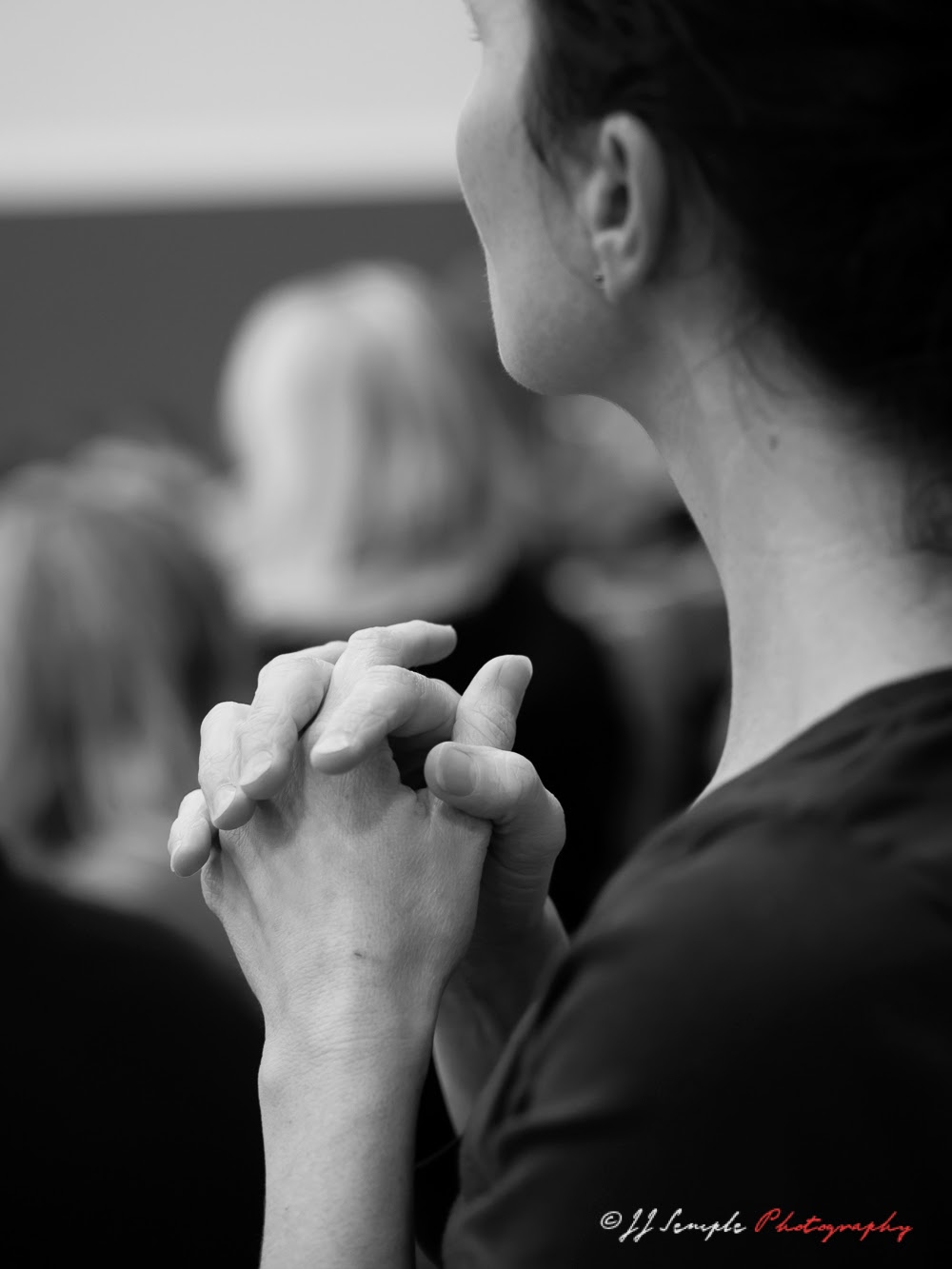You’ve visited imaginary worlds and other dimensions in science fiction movies, in comics and in novels. Are they just the director's hallucinogenic fantasies? Or are these dimensions actually KNOWABLE? If so, how can we prepare ourselves for this type of altered perception?
Jacob’s Ladder, The Matrix, Memento, Altered States. Fictional worlds in which material reality suddenly melts away and the protagonist is left to fend for himself in harrowing, seemingly unreal situations. We’ve witnessed these worlds and believed them to be figments of the writer’s imagination. But are they?
 |
| Echoes Beyond our World |
These imaginary worlds are as real as the people, streets, houses, and stores we encounter in our normal daily rounds. Although we cannot see these apparitions in our current state, scientists and other investigators are finding they are real. Moreover, they are not the threatening specters moviemakers would have us believe — they simply exist beyond the reach our limited consciousness.
At a key moment in Jacob’s Ladder, Jacob's friend, chiropractor and guardian angel, Louis (Danny Aiello), cites the 14th century Christian mystic Meister Eckhart — “Eckhart saw Hell too; he said: ‘the only thing that burns in Hell is the part of you that won't let go of life, your memories, your attachments. They burn them all away. But they're not punishing you,’ he said. ‘They're freeing your soul. So, if you’re frightened of dying and... you’re holding on, you'll see devils tearing your life away. But if you’ve made your peace, then the devils are really angels, freeing you from the earth.’”
This is straight out of The Tibetan Book of the Dead. In fact, this film is a fictional interpretation of a Near Death Experience (NDE). At the end we see “Jacob never made it out of Vietnam.” His body is shown in an army triage tent just as he expires. Apparently, the entire series of events turns out to have been a dying hallucination. Jacob's experiences appear to have been a form of purgation in which he releases himself from his earthly attachments, finally joining his dead son Gabe to ascend a staircase (Biblically known as Jacob's Ladder) toward a bright light.”
The science of consciousness, or should we say the scientific investigation of it, inevitably delves into the unseen — that which lies behind the physical. This investigation is now moving forward on two fronts toward the same objective, namely the full unfolding of human potential, or as Gopi Krishna called it: "Knowing the Knower." Much investigation is still outside the realms of traditional science, yet, as metaphysical exploration moves forward, we apply more scientific methods.Who's to say that the same scientific methods we apply in the physical realm won't someday apply to the metaphysical realm? The NDE provides palpable evidence of meta-physicality.
Group 1 explores consciousness from the inside-out while Group 2 explores from the outside-in:
Group 1
The empirical investigators, those who have undergone Kundalini/NDE experiences, and in so doing, written about them from the inside-out, just as an 16th Century explorer kept a journal of his discoveries and encounters during a voyage. Men like: Gopi Krishna, Richard Bucke, J Krishnamurti, PD Ouspensky.
In Deciphering the Golden Flower One Secret at a Time I described the insights gained in the Energy Continuum thusly:
“After activating the Kundalini-Life Force, I was able to see the blueprint of my perfect body and compare it to my actual state. Amazingly, the Life Force recognized my deformity and immediately began to correct it. I witnessed it slowly reshape my body to the exact proportions in the blueprint.“The fact that I could see my original design and it is perfect means to me that an unseen sentient entity in nature created it before my being came into this world.”
“Where this blueprint had been stored between the time of my conception and my 35th year, I did not know. Material scientists, geneticists, in this instance, would probably say it resided in the brain, and that is a safe assumption, for it is unlikely that it resided outside the body. Nevertheless, the fact that I saw it and watched the Life Force energy use it to 'reengineer' my body made me think that some sentient agency must play a role in reproduction, and in the design and formation of the body. Why had this blueprint suddenly appeared? Where had it been for thirty-five years? If it had no purpose, wouldn’t it have ceased to exist? So then, it must have a purpose, for it was still there."
Group 2
Those scientists, such as Dr. Harold Saxton Burr of Yale University, who explored field theory in the 30s. “Physicists define a field something like this: when something occurs somewhere in space because something else happened somewhere else in space, with no visible means by which the cause produced the effect, the two events are connected by a ‘field’.”
“As everyone knows, when we sprinkle a card with iron filings and hold it over an ordinary magnet, the filings will arrange themselves in a pattern that represents the ‘lines of force’ of the magnet’s field. And though we can change the filings as often as we like, each set of filings will always assume the same pattern.
“Even by the most pedantic, therefore, the ‘fields of life’ can be considered a scientifically-respectable phenomenon, eligible one day for the imprimatur of the hierarchy. When that will be will depends on how long it takes biochemists to lose their enthusiasm for present fashions and perhaps for economic interests to open their focus to cost-effective natural vs. patented chemical solutions."
If this is true, then:
- The fact that we do not perceive these states/fields means our current consciousness must be inhibited,
- There is consciousness in every field/cell.
As author Sol Luckman points out, “A salient point in the evolutionary model I am elaborating is that evolution of species ultimately is driven not by material, but by metaphysical energy, or consciousness, of a spiraling, “meta-genetic” nature.
“If today we are to embrace a worldview in which consciousness is more important than matter, we need to base our timekeeping on the nonphysical, invisible reality (that gives rise to reality) rather than on the physical.”







